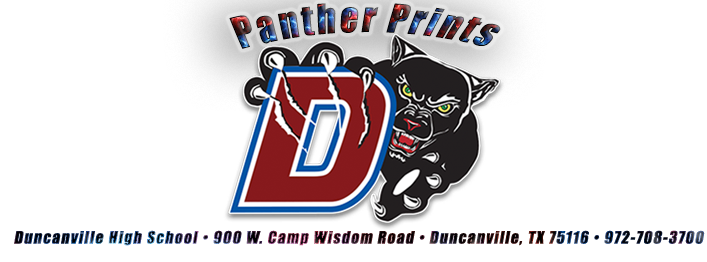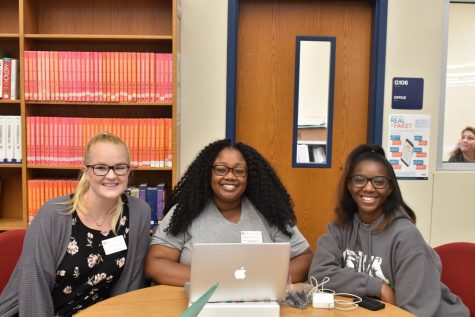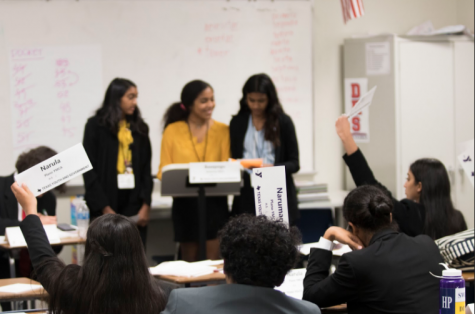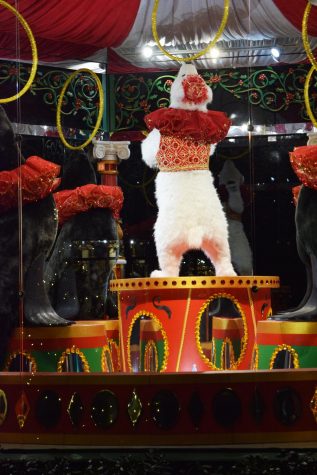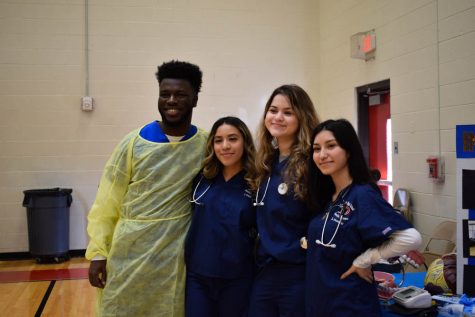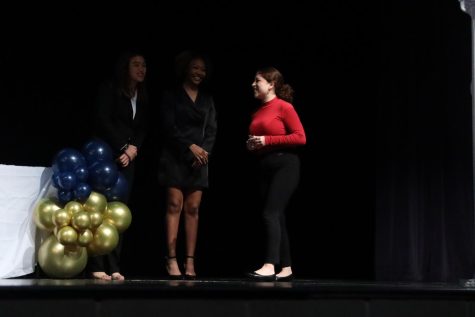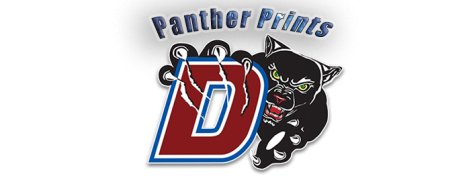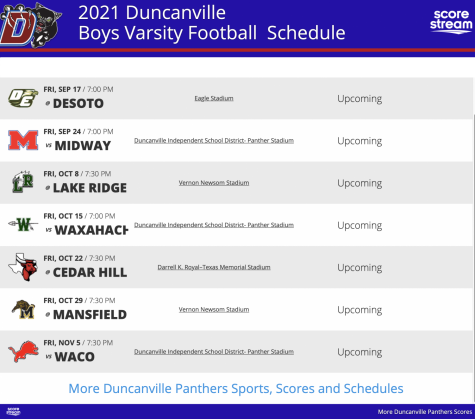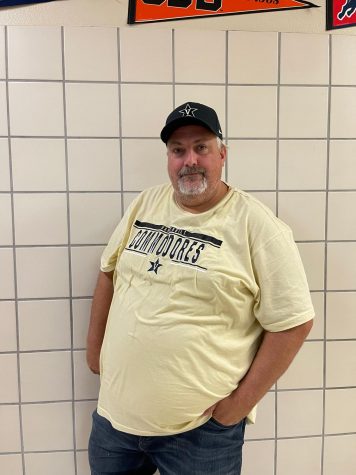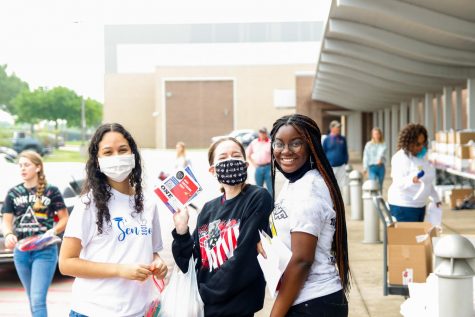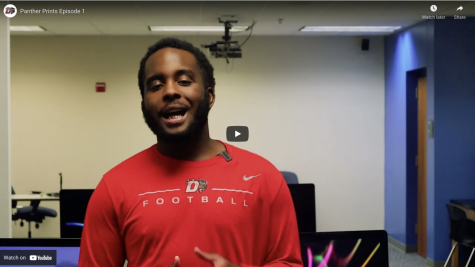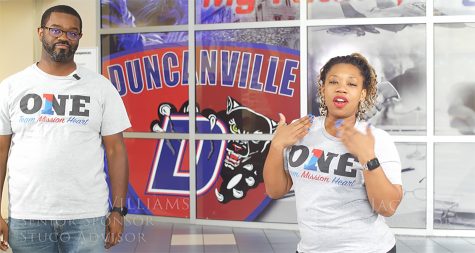Avengers: Age of Ultron offers more depth, less action than previous movie
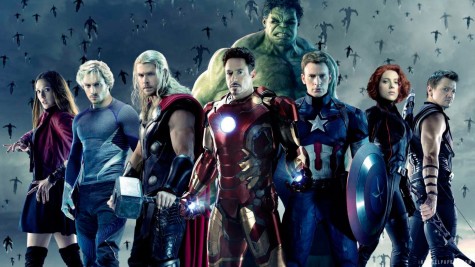
Is the new Avengers film as good as the first? Sort of, says Devin.
Let’s just get this out of the way: is Avengers: Age of Ultron as good as The Avengers? The answer, very simply, is ‘sort of.’
Age of Ultron is a better movie than The Avengers. From beginning to end Age of Ultron works, is tightly plotted (despite being long and incredibly packed with incident) and has wonderful character moments. The first film took almost a half hour to begin pulling its shambling pieces together, and it was at almost an hour that the movie truly hits its stride. But once it does, The Avengers, shaggy as it is, has something Age of Ultron doesn’t: a bunch of absolute fist pump stratospheric high moments. Age of Ultron quite simply doesn’t have a “Hulk… smash” moment.
But a movie isn’t made of high moments, and if The Avengers has some spikes that exceed Age of Ultron’s highs, Age of Ultron operates at a steady level that is much, much better than most of The Avengers.
Avengers: Age of Ultron is a lot of fun – it has a great party scene! – but that doesn’t mean it’s not dramatic. The team ends up at its lowest point, thoroughly beaten by Ultron and looking an awful lot like bad guys to the world, and they’re forced to go underground briefly. Whedon is interested in fallout and growing pains – the fallout of the presence of these beings in the world, and the growing pains of a group dedicated to helping the world, but answerable only to themselves. Whedon is smart in how he does this, leaving a lot of the big picture stuff to the sidelines, having characters talk about news reports or public reactions, while focusing tightly on the humanity of the characters – especially Hawkeye.
If you were bummed that Jeremy Renner’s Hawkeye had little to do in the first film (as Renner himself was), you’ll be happy to hear that he’s basically the central character in this film. His total humanity is what keeps the team grounded, and it’s his secret personal life (wonderfully and sensitively sketched by Whedon) that offers the Avengers the space they need to regroup and figure stuff out. Hawkeye even gets some of the best lines of the movie, and his relationship with Quicksilver is both funny and deeply emotional. While all these robots swarm and metahumans fight, Hawkeye’s pure humanity serves as the heart of the movie.
The other heart of the movie is beating between Bruce Banner and Natasha Romanoff (Scarlett Johansson). This relationship is out of left field, but it also makes so much sense – they’re both characters afraid to let others get close to them, both people carrying heavy burdens of guilt within themselves. It’s a relationship that builds off the wonderful character work Scarlett Johansson did in Captain America: The Winter Soldier, and it’s a relationship that could only work with Mark Ruffalo’s puppy dog personality.
That all means ‘the big three’ – Thor, Captain America and Iron Man – get shoved a little bit to the sides, giving these characters without a franchise their time in the spotlight. The big three are still major, but they’re tasked with carrying the plot and the action – not so much the emotions.
Which is a bummer when it comes to Ultron. In the comics, Ultron had daddy issues with his creator Hank Pym, but in the movie those issues are directed at Tony Stark. Ultron is his father’s son, quipping in Stark’s style and even using some of his catchphrases (as with all sons who hate their dads, this upsets Ultron to no end). James Spader’s Ultron is a snarky hoot and a reasonable – if somewhat vague – physical threat, but I wanted a little more father/son stuff between him and Tony. That’s on me, not the movie, as Whedon introduces another wrinkle into that relationship, and the movie’s secret weapon: The Vision.
As a creation of Ultron, The Vision is essentially his son, and so we end up with this struggle of father against son playing out across generations… in the form of fistfights, repulsor blasts and energy rays from forehead crystals. In many ways the addition of Ultron and The Vision allows Avengers: Age of Ultron to become the absolute
most Marvel Comics Marvel Studios movie yet, a movie where the villain monologues and where he trades philosophical theories with the heroes while engaged in ridiculous, over the top battle. And the final battle of Age of Ultron is the most over the top ever – it’s the single most comic booky thing I have ever seen on screen.
Paul Bettany’s Vision is astonishing. He’s just so odd – he looks weird, and Bettany’s eyes have such a wet humanity to them that they seem wrong in the Vision’s corrugated, red face. And I love that. When The Vision enters the movie everything kicks up another notch, and it feels like the moment Marvel truly enters Phase Three – a curtain is pulled back and all of a sudden absolutely bonkers stuff is allowed in, with little explanation. The movie basically explains none of The Vision’s abilities, or why he has them – he just does and the film barrels along.
There’s a now-standard complaint that these movies are faceless, made by committee, all the same. I don’t know how these critics are watching these films, but they’re seeing different movies than I am. Age of Ultron not only feels like a Joss Whedon movie, from beginning to end – with its emphasis on flawed heroes, the repurcussions of choice and characters trading not only witticisms but smart, deep ideas about existence – it feels like a Marvel Comics crossover. It’s packed with story and characters and action and reversals, and it has the wacky sweep of a comic book, whose boundaries are defined only by the crazy imaginations of the writers and artists. This film feels nothing like Thor or Captain America: The Winter Soldier; it even feels notably different and evolved from The Avengers. I thought that first movie was the first true ‘comic book movie,’ but I was wrong – this is (I suspect I will revisit this statement when we get to Avengers: Infinity War).
As a movie that feels like a comic book crossover, Avengers: Age of Ultron is tasked with setting up a lot of stuff to come, and sometimes you can feel the lifting. It’s not quite at Iron Man 2 levels of distracting, but Thor has a pointless subplot about the Infinity Stones that wastes time, while there’s a whole sequence with Ulysses Klaw (Andy Serkis) that, if it weren’t setting up Black Panther, would have been the first thing cut to make the film a bit shorter. This stuff doesn’t sink the movie, but it does make it slightly less elegant.
Whedon’s better with action this time, even if some of the CGI is very obvious. One of the big action sequences, a chase in Seoul, fell sort of flat for me, and the final battle has some geography issues (I often had no idea who was where, but I think that was partially on purpose, to allow characters to burst onto the scene), but otherwise Whedon is throwing a lot more great action at the screen. Anyone claiming this one looks like TV will be, frankly, full of shit. Still, it’s the character stuff that works the best – especially when that character stuff informs a fight, like the enormous and destructive Iron Man vs Hulk tussle.
Looking back on the film it isn’t the action that I remember, or if it is, it’s little moments in the action, like Thor slamming Mjolnir into Cap’s shield to make a sound burst that knocks out a squad of men. Most of what I think about are the small scenes – Hawkeye’s low key domesticity, Black Widow calming down the Hulk, Cap and Iron Man arguing ideology while chopping wood, The Vision and Ultron’s final confrontation, which is mostly verbal, or The Vision, newly conscious, discovering the lights of New York City outside of Avengers Tower. These bits – and a thousand others, scattered throughout – don’t make for great trailer moments, but they make Avengers: Age of Ultron a great movie, a movie about character and emotion… and a few angry robots.
And because it’s about character and emotion, the stakes couldn’t be higher. We all know The Avengers will defeat Ultron. We all know he won’t wipe out humanity. But the stakes are about how these characters we like will win, and what it will cost them as people. Whedon understands that these are the only stakes that ever truly matter in a movie.
